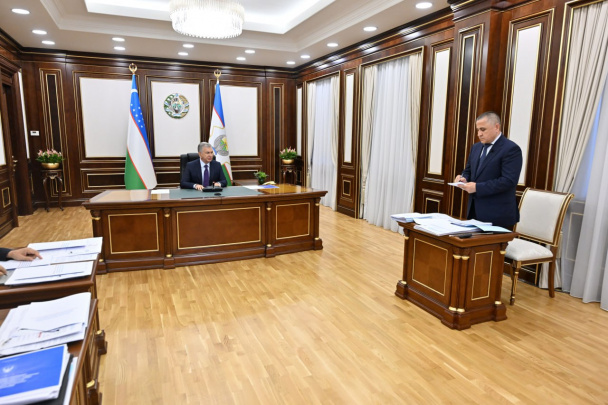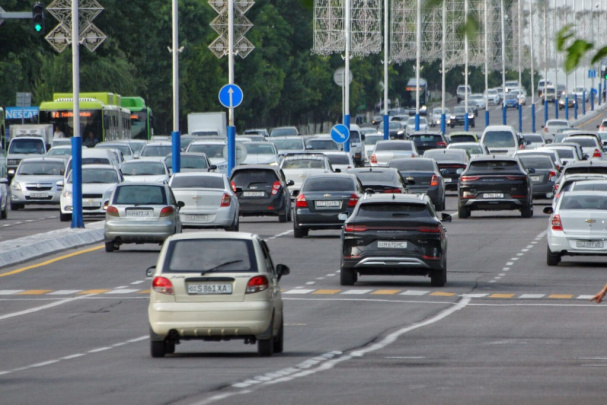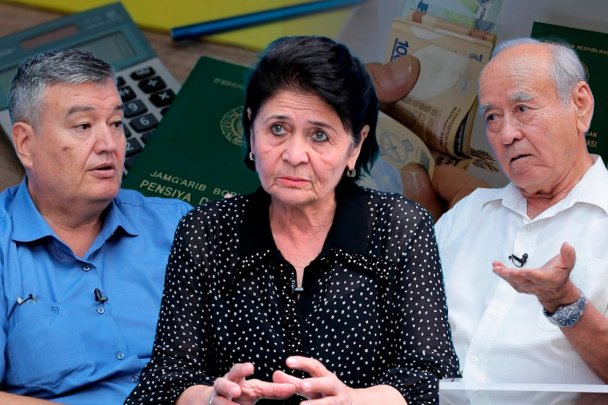IMF: Uzbekistan’s public-private partnerships could burden future budgets
Between 2021 and 2024, Uzbekistan’s public-private partnership (PPP) project portfolio grew from $6.2 billion to $31 billion. Of these projects, 93% are in the energy sector, 5% in utilities, and only 0.8% in education. According to the International Monetary Fund (IMF), the current situation could lead to significant financial obligations for the state in the future.
IMF experts have drawn attention to the potential risks stemming from Uzbekistan’s growing number of PPP projects.
Over recent years, the scale of PPP projects in Uzbekistan has expanded considerably. At the end of 2021, there were over 200 PPP projects worth a combined $6.2 billion – approximately 8% of GDP. By the end of 2024, this figure had surged to $31 billion, or 27% of GDP.
A breakdown by sector shows that, as of December 2023, 93% of these projects (amounting to $28.8 billion) were in the energy sector, 5% in utilities ($1.5 billion), and 0.8% ($144 million) in education.
According to plans for 2025–2030, new PPP projects could total $30.2 billion. If fully implemented, the share of PPPs in GDP is expected to rise to 34% by the end of 2026, before decreasing to 27.5% by 2030.
World Bank data shows that in 2023 alone, Uzbekistan signed six PPP agreements worth a total of $1.6 billion. This accounts for nearly 40% of all new PPP commitments among low- and middle-income countries in Europe and Central Asia.
"There is a risk of significant fiscal obligations emerging in the future"
The IMF has welcomed the Uzbek government’s decision to set a $6.5 billion ceiling for new PPP projects in the 2025 state budget. However, the organization recommends reducing this limit in the coming years to mitigate the risk of increased public liabilities.
The rapid growth in the number of projects calls for stronger oversight to manage potential financial risks.
The IMF has also raised the issue of introducing a ceiling on the state’s total PPP-related obligations. This would align with existing limits on public and government-guaranteed debt, which currently amount to 60% of GDP.
Although PPPs can help reduce public spending in the short term, the IMF warns that they may result in significant financial burdens over time. For example, in energy generation projects where the government acts as the primary buyer, it could be obligated to make substantial payments in the future. Such scenarios may place considerable pressure on public debt and budgetary limits.
"Since most of the PPP projects are still in their early stages, it's difficult to determine whether project selection is driven by excessive optimism or other factors. However, there is no strong evidence to suggest that Uzbekistan differs significantly from other countries in this regard," IMF experts noted.
Another key risk identified is the lack of a centralized system for project selection. Without a unified and standardized platform to assess PPP efficiency, there is a growing danger that low-impact projects may get approved. Therefore, the IMF has called on Uzbekistan to strengthen its project selection and approval processes.
Recommended
List of streets and intersections being repaired in Tashkent published
SOCIETY | 19:12 / 16.05.2024
Uzbekistan's flag flies high on Oceania's tallest volcano
SOCIETY | 17:54 / 15.05.2024
New tariffs to be introduced in Tashkent public transport
SOCIETY | 14:55 / 05.05.2023
Onix and Tracker cars withdrawn from sale
BUSINESS | 10:20 / 05.05.2023
Latest news
-
Fake traders scam people in Uzbekistan with promises of 25x returns in one hour
SOCIETY | 18:25 / 24.07.2025
-
Uzbekistan boosts electricity exports amid ongoing outages
SOCIETY | 16:58 / 24.07.2025
-
Ecological Party questions legality of tree cutting and construction in Tashkent’s Mirabad district
SOCIETY | 16:56 / 24.07.2025
-
UAE eases driving regulations for tourists from Uzbekistan
SOCIETY | 16:55 / 24.07.2025
Related News

14:47 / 24.07.2025
Authorities prevent UZS 5.6 trillion in budget misuse in first half of 2025

14:56 / 23.07.2025
Tashkent increases spending on mid-road barriers nearly fivefold, sparking public debate

12:39 / 23.07.2025
Uzbekistan’s economy grows 7.2% in H1 2025, but household income growth slows to 9.5%

12:53 / 22.07.2025



